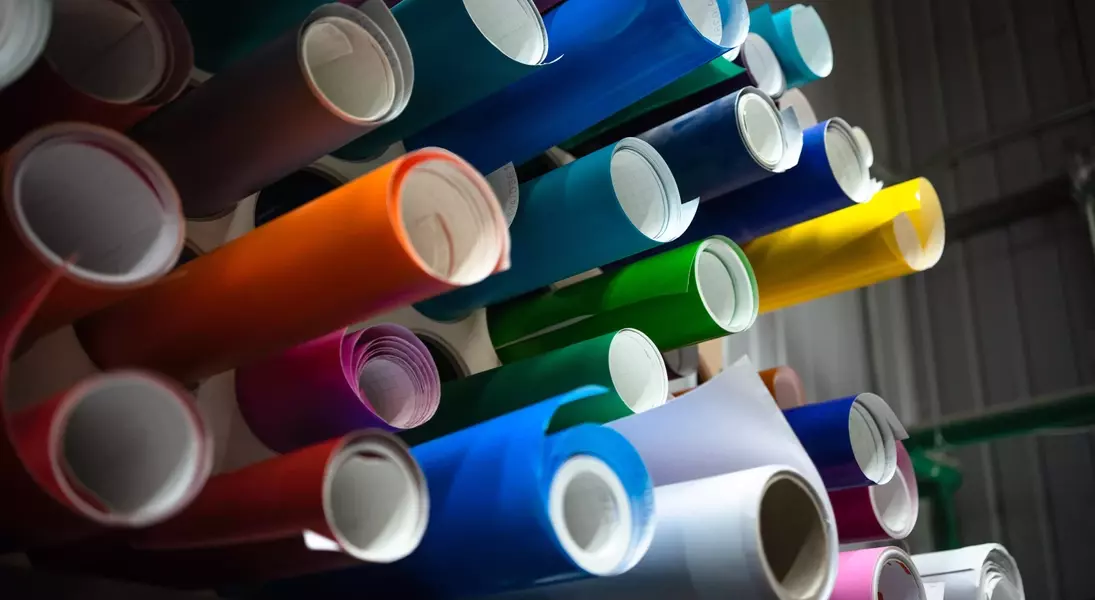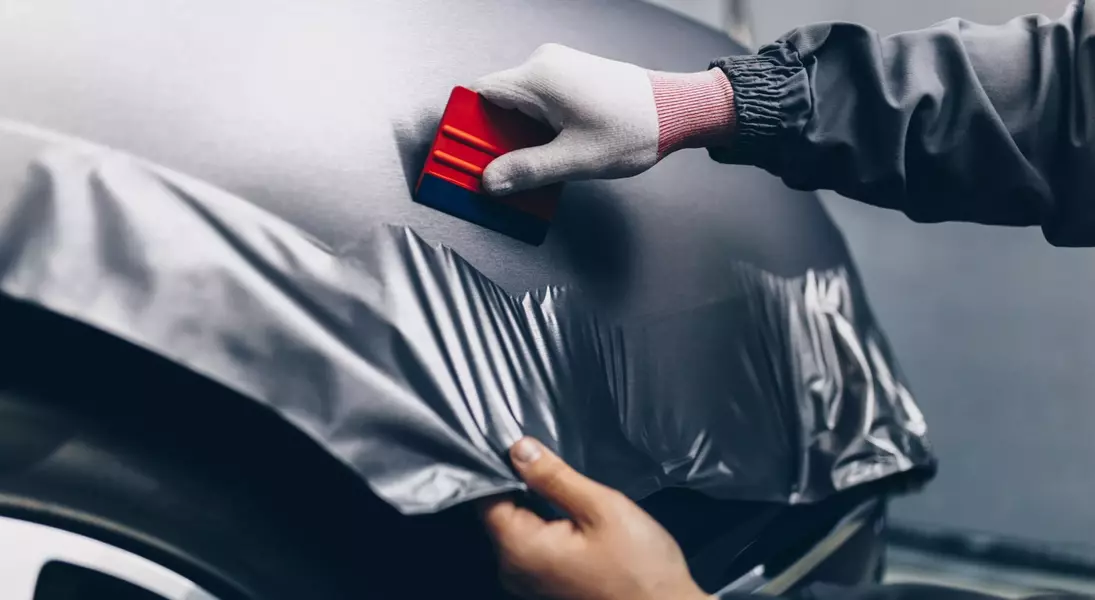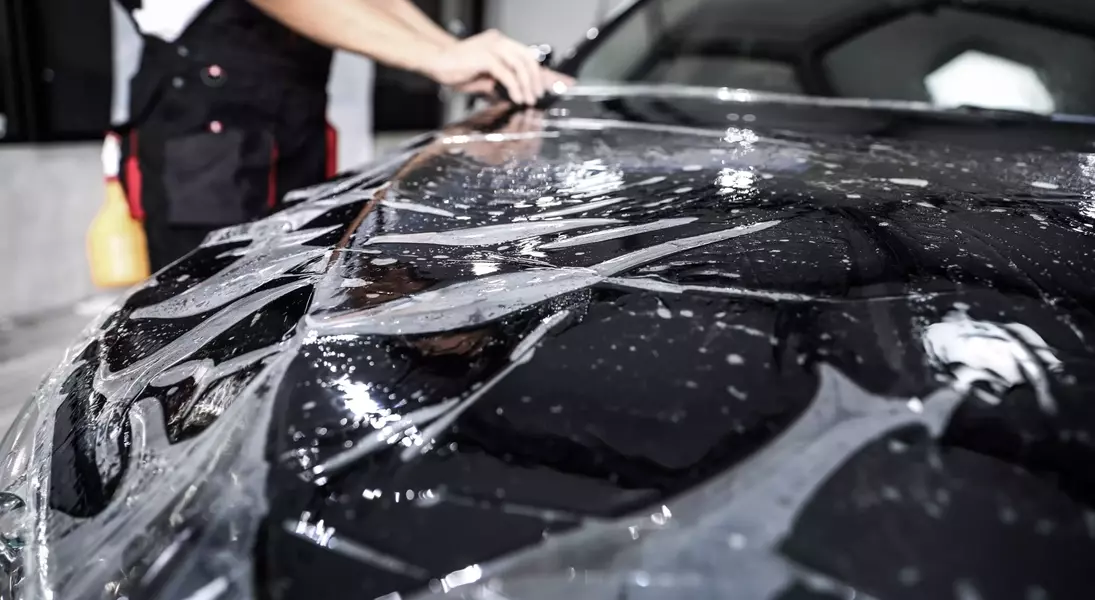




Car wrapping has emerged as a fashionable and adaptable option for vehicle owners looking to refresh their car's aesthetics or provide an extra layer of protection. This detailed examination unpacks the financial considerations, durability expectations, and maintenance routines associated with car wraps. It contrasts wrapping with conventional paint jobs, scrutinizes its effect on the original paintwork and market value, and evaluates the practicality of undertaking a do-it-yourself project. Grasping these insights is fundamental for individuals contemplating this widespread automotive modification.
Understanding Car Wraps: A Comprehensive Overview
In the contemporary automotive landscape, car wrapping has become a phenomenon, driven by its promise of personalized style and paint preservation. On November 24, 2025, experts highlighted the increasing prevalence of this trend, noting that it offers a temporary yet impactful transformation for vehicles. Car wraps, ranging from subtle matte finishes to vibrant chrome and intricate graphic designs, provide an alternative to traditional paint, allowing for aesthetic changes that are not permanent. This flexibility caters to those who wish to frequently update their vehicle's look or safeguard its original paintwork from environmental damage and minor abrasions. However, potential owners must weigh the upfront costs, the commitment to diligent maintenance, and the anticipated lifespan of a wrap to make an informed decision.
The financial outlay for a full car wrap typically ranges from $2,500 to $8,000, influenced by factors such as material quality, finish type (e.g., gloss, matte, chrome), and the vehicle's complexity. Premium vinyls from reputable manufacturers tend to be more durable and visually appealing but come at a higher price point. The installation process is labor-intensive, with skilled technicians ensuring a smooth, bubble-free application, especially around intricate curves and edges. The longevity of a wrap generally falls between three and seven years, contingent on climate, UV exposure, and the owner's care routine. Regular hand washing and indoor parking can significantly extend a wrap's life, preventing premature fading or peeling. While wraps can protect the underlying paint, they do not typically enhance resale value and may even necessitate removal by dealerships, incurring additional costs ranging from $500 to $1,500.
When juxtaposed with a new paint job, wraps offer a less permanent solution with broader customization options and often a lower price tag. Yet, paint provides a factory-perfect, seam-free finish that wraps cannot entirely replicate. The decision between the two hinges on individual priorities: temporary aesthetic changes and paint protection favor wraps, while permanent, flawless finishes lean towards paint. Furthermore, while DIY wrapping can save on labor costs for smaller sections, attempting a full vehicle wrap without professional experience often leads to imperfections. Therefore, prospective car wrappers are encouraged to consider these aspects carefully to manage expectations and ensure satisfaction with their vehicle's new appearance.
The burgeoning trend of car wrapping serves as a vivid reminder of the ever-evolving landscape of automotive personalization and protection. As enthusiasts and everyday drivers alike seek to express their individuality and safeguard their investments, the innovations in vinyl technology continue to offer appealing solutions. This market's growth underscores a broader cultural shift towards customizable experiences, where personal expression and practical considerations converge. It compels us to consider how such trends not only modify our vehicles but also reflect our changing priorities regarding aesthetics, value, and environmental consciousness in the automotive world.
